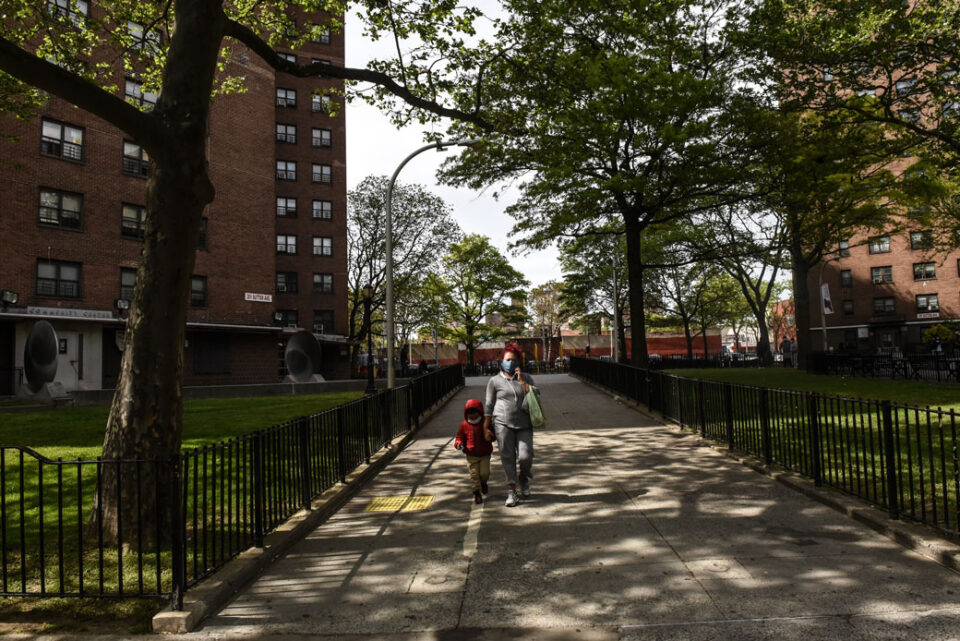The covid-19 epidemic is sweeping like wildfire over the country, causing severe unemployment. According to the most current figures, it is slightly more than 22 million, and the Federal Reserve forecasts that up to 47 million jobs might be lost. Whatever the final figures are, experts believe that the economic impact would be unequal, with minorities and women bearing the brunt of the burden. Do black hiring now easily with this website
According to the assumptions, it has already begun. According to the Department of Labour’s March figures, the unemployment rate for women rose by 0.9 percent last month, while it rose by 0.7 percent for males. The overall unemployment rate for men and women was the same, but the trend is troubling. These probable trends arose because women and minorities are usually regarded as having a greater risk of being laid off and are overrepresented in areas such as retail, hospitality, recreation, and manufacturing. Also hire black people without any difficulty with this job portal
However, there is more to the tale than that. According to a recent study, women and minorities are more likely to lose their employment during difficult times. This is owing to the fact that they work in high-risk sectors, which means that these firms automatically put them at the top of their layoff lists. Layoff lists are necessary evil crises may strike rapidly, as Covid -19 did, therefore corporate executives are under pressure to prepare their lists as soon as possible. To do so, they typically turn to the “last employed, first dismissed” position. In this scenario, the majority of women and minorities are employed in the most marginal and low-authority occupations. This recently occurred at Microsoft in 2015, when the company reduced its less profitable facilities and saw the proportion of women in its workforce decline from 29 percent to 26.8 percent.
And they are not obviously the outliers, since the majority of the firms that reduced and laid off employees did so based on either position or experience. Those who relied on position experienced reductions in numerous categories, including white women, black males, Hispanic men, and Asian men, ranging from 9% to 22%. Those who relied on tenure witnessed average reductions of 19% among white males and 14% among Asian men.
Another noteworthy finding is that most of these firms’ leaders are unaware of the link between layoffs and diversity. Accept it: job loss is terrible for all of us. However, recovering from it is considerably more difficult for members of the disadvantaged groups. These are the folks that spend more time seeking work and finally find employment that pays less than they did before. So, laying off women and minorities disproportionately not only negatively impacts them, but also slows the general economic recovery. Furthermore, a recent study revealed that firms that hired diverse individuals with varying levels of expertise and representation throughout the Great Recession fared better financially both before and after the incident.
As a result, layoffs do not have to be at the expense of diversity. Corporate executives may avoid this blunder by thinking proactively during a crisis, perhaps saving the employment of underrepresented groups. This can lead to a reduction in their layoff lists, allowing the business to run even more effectively.

